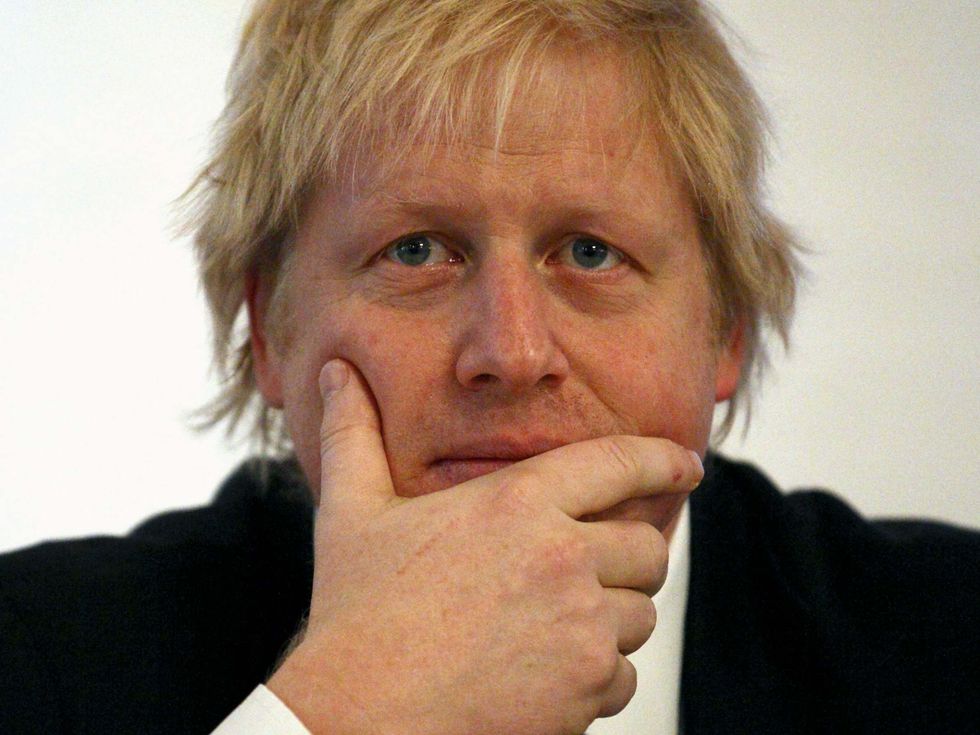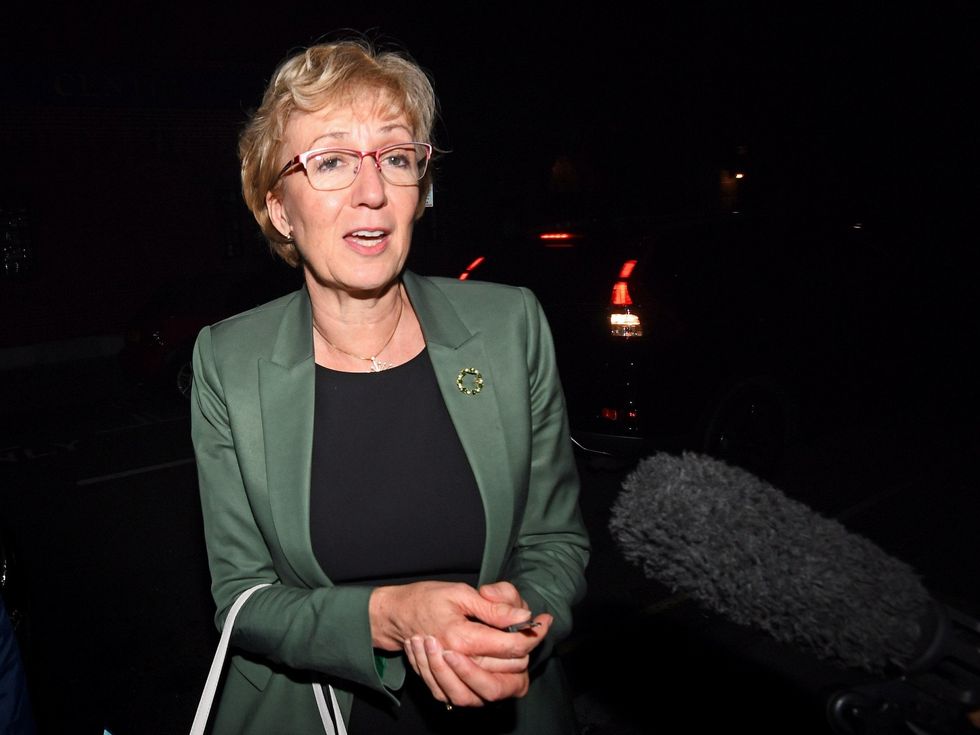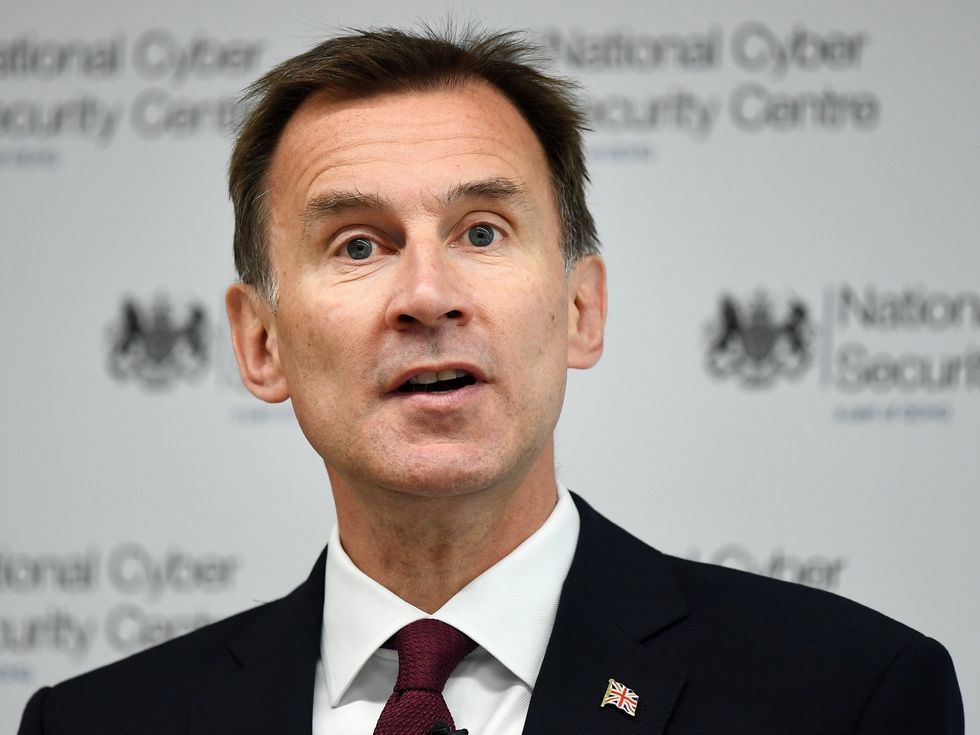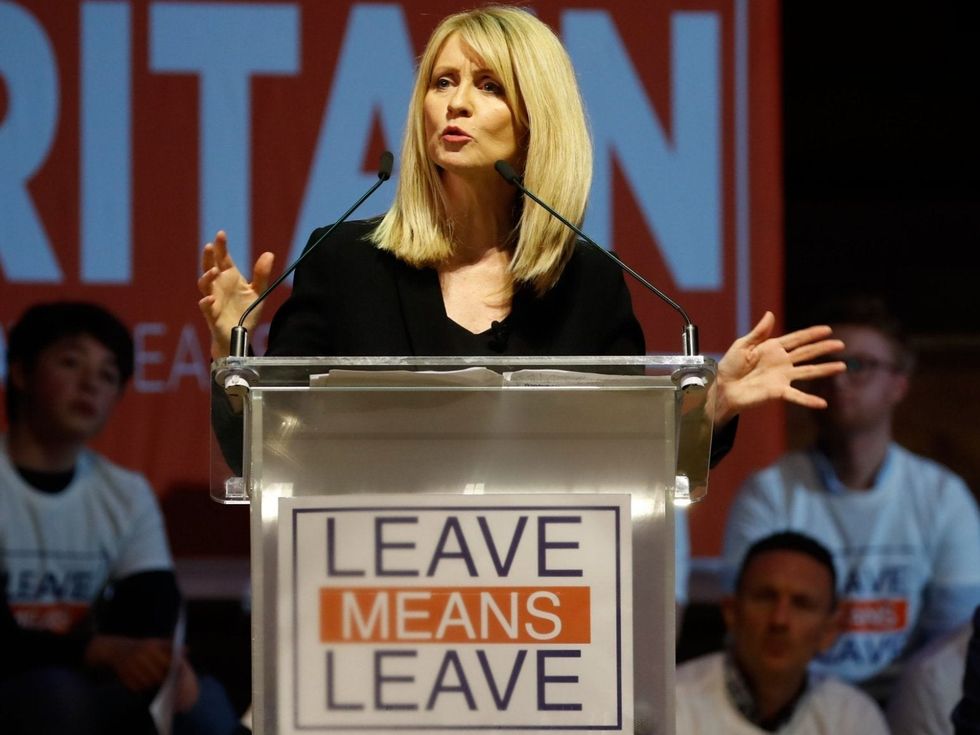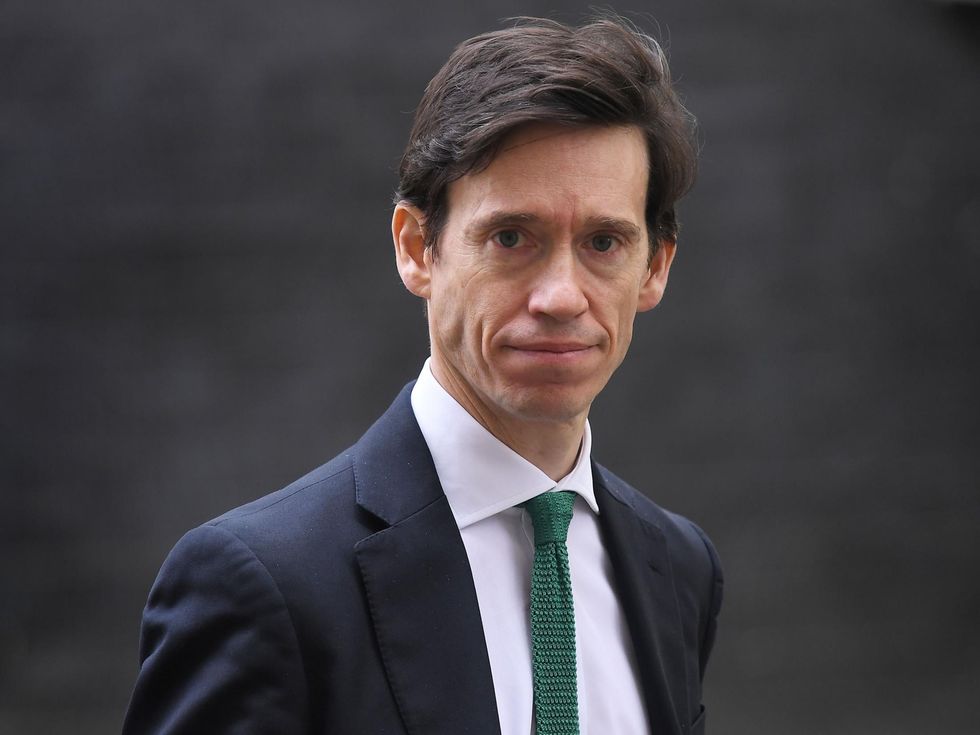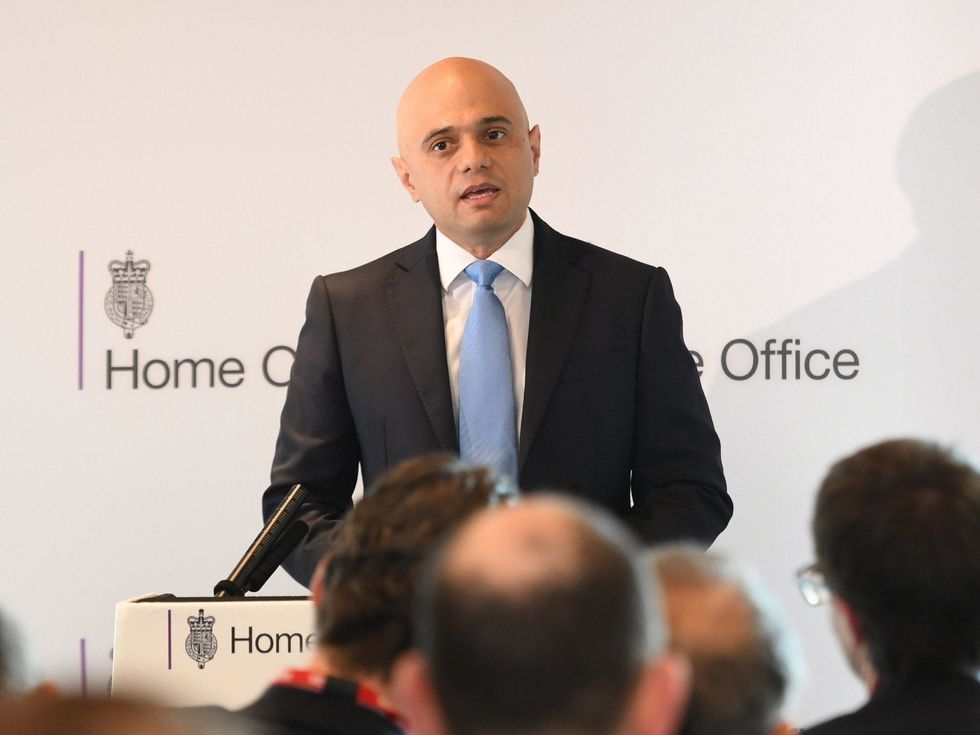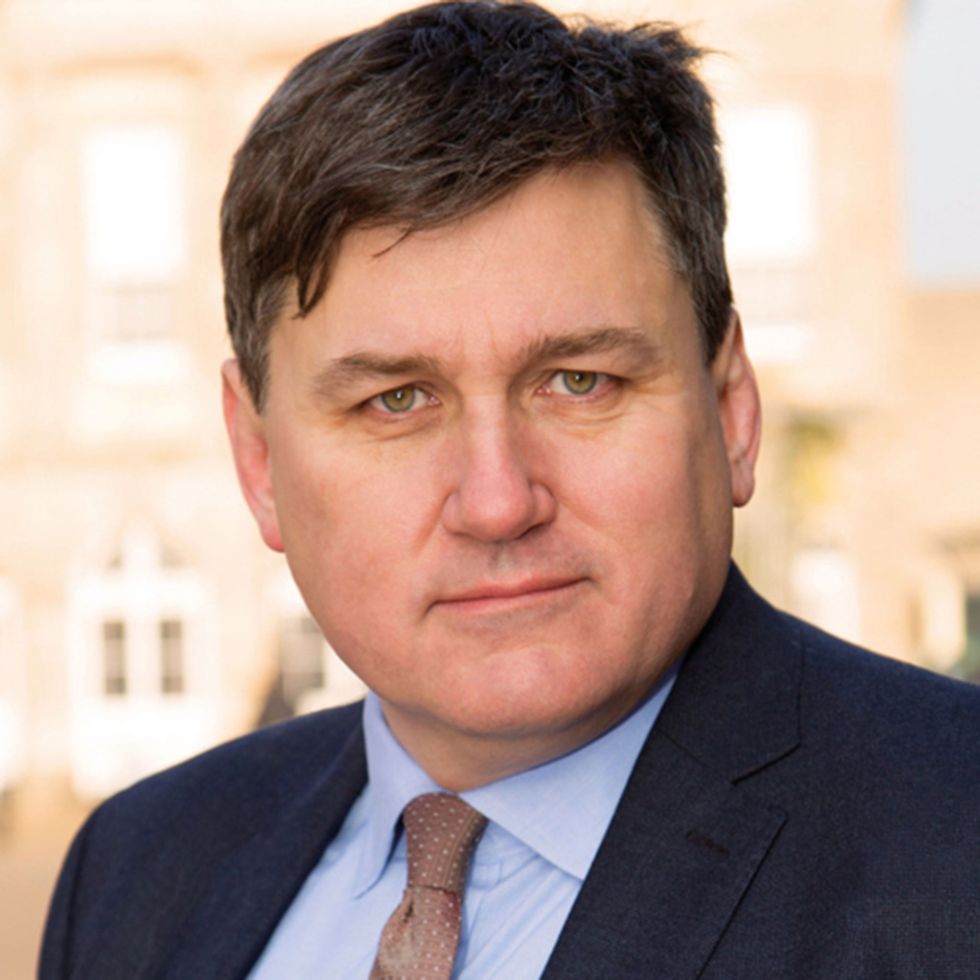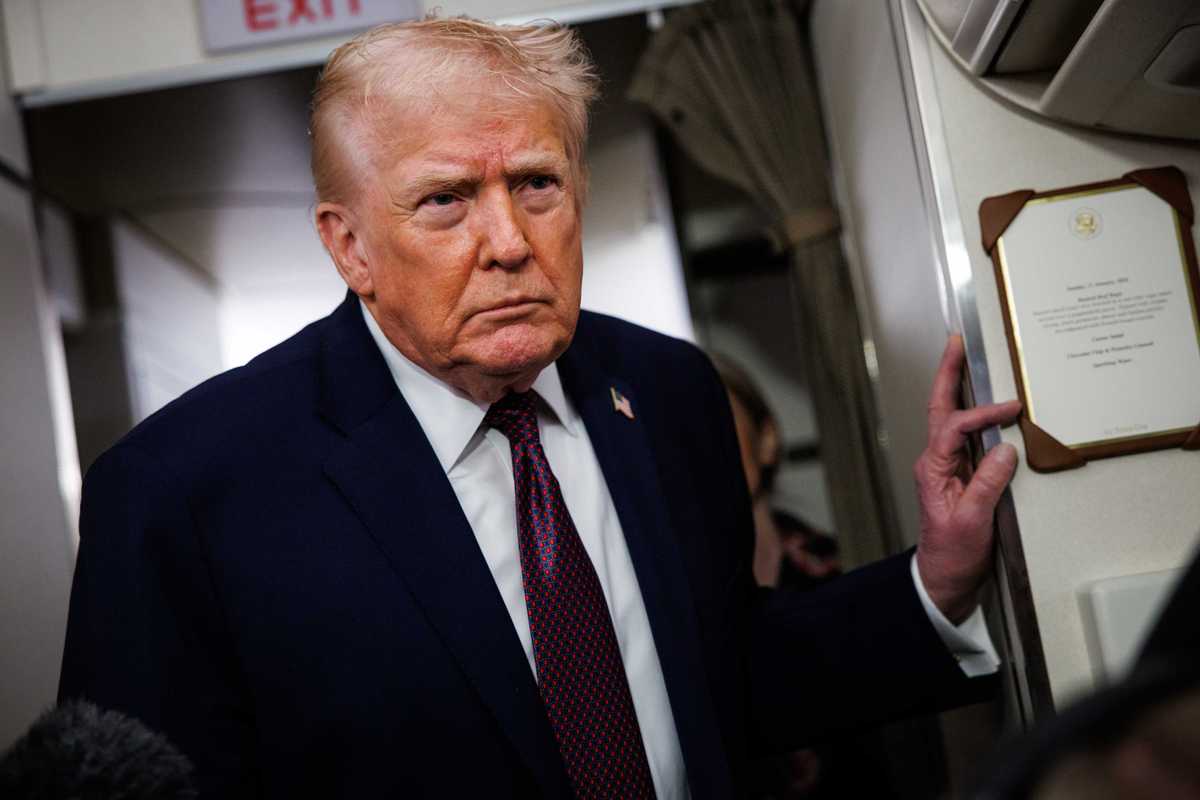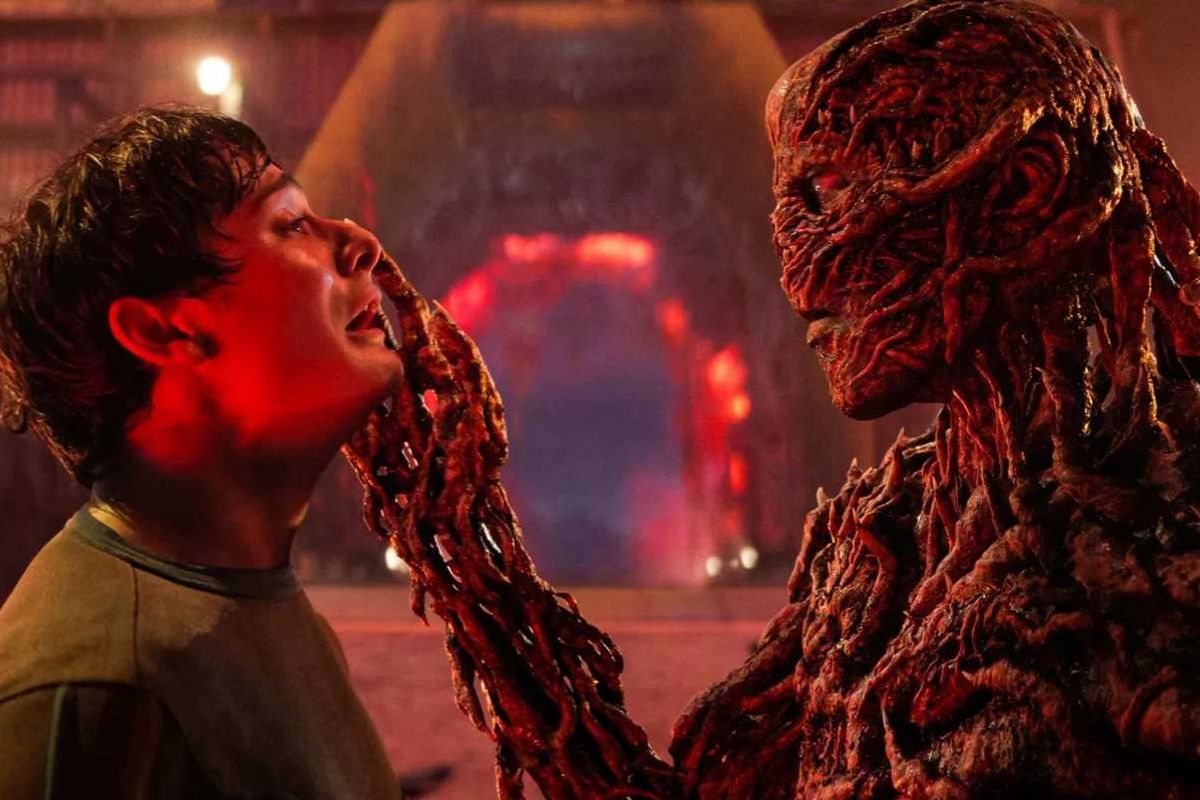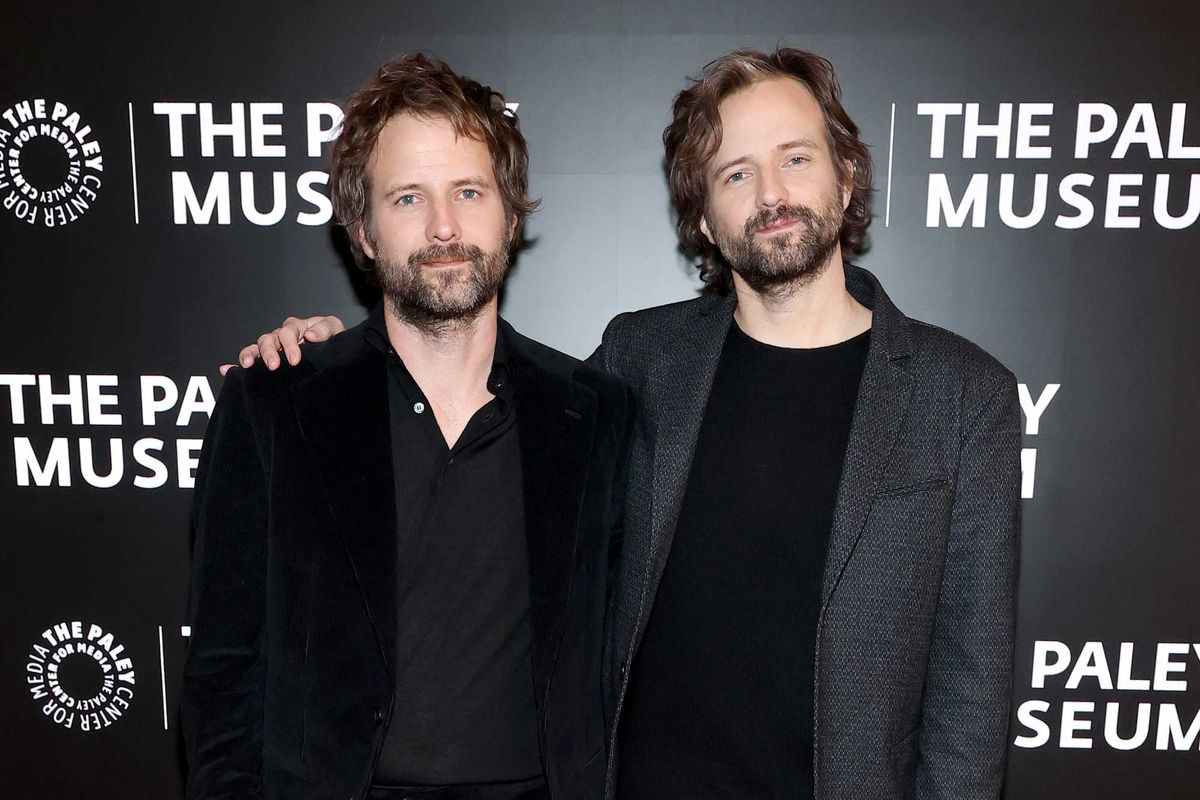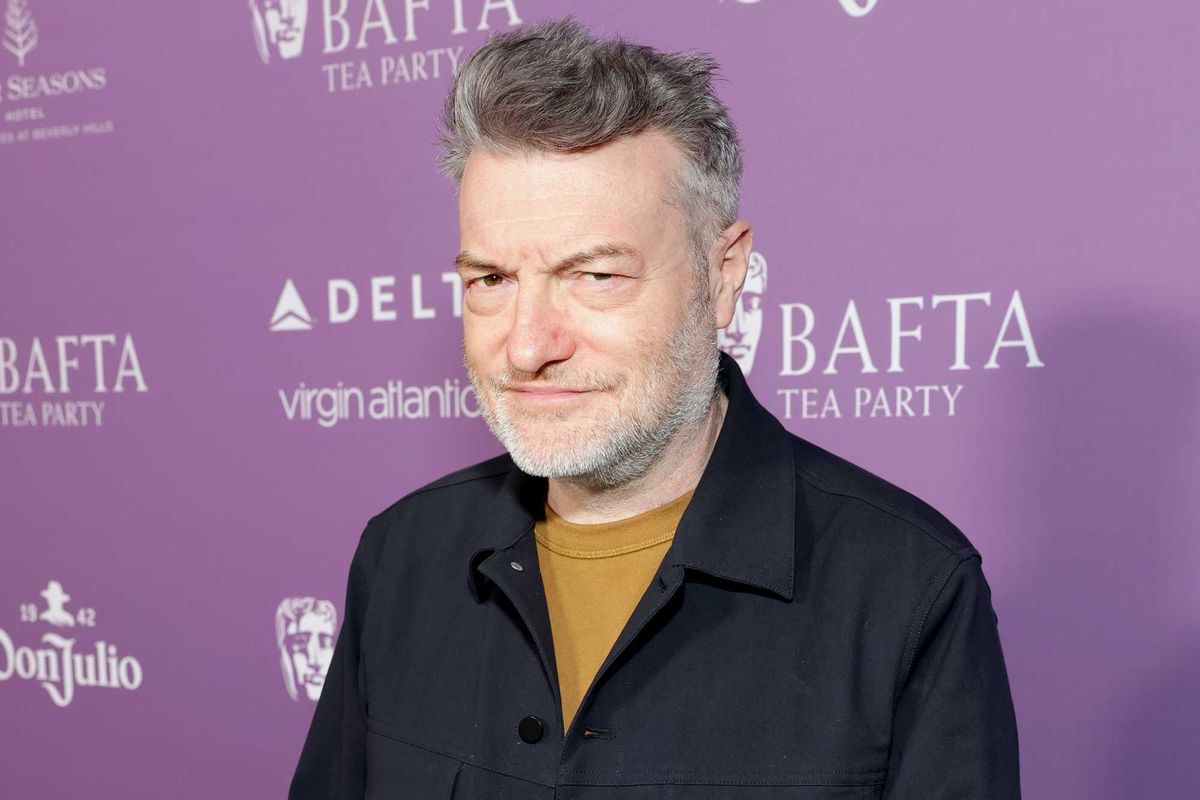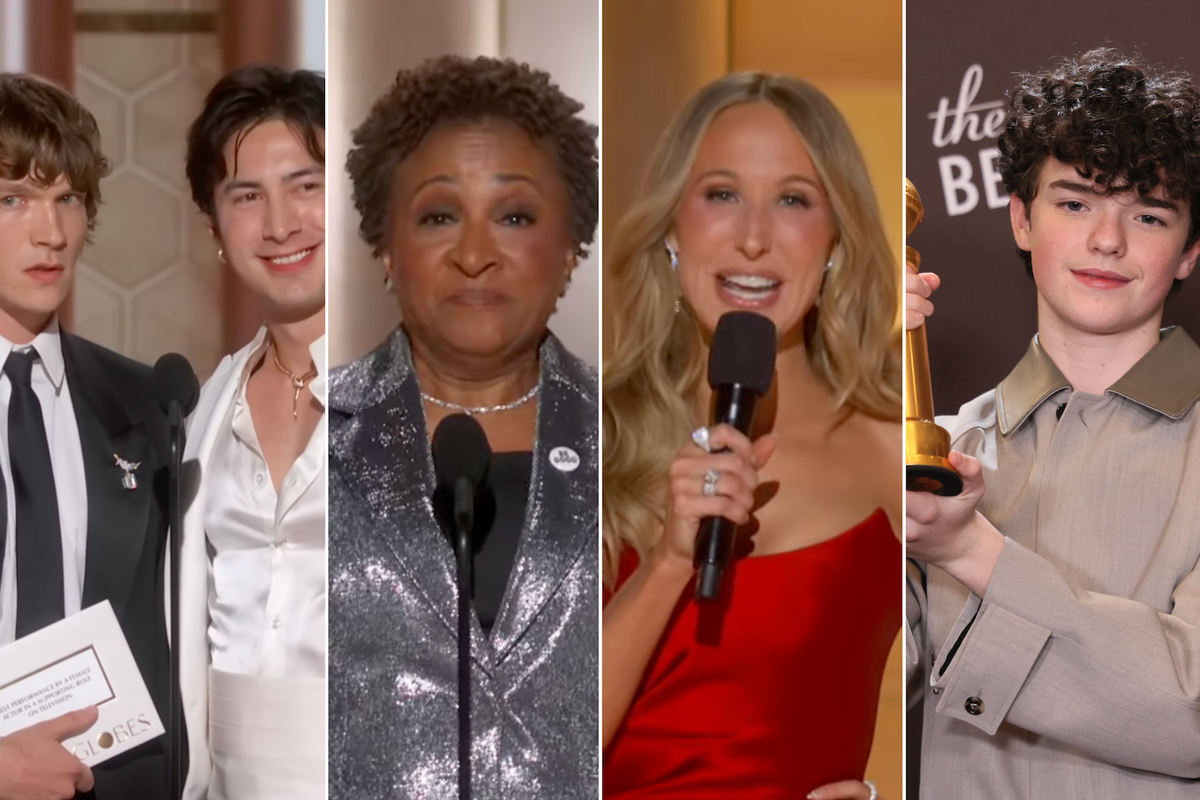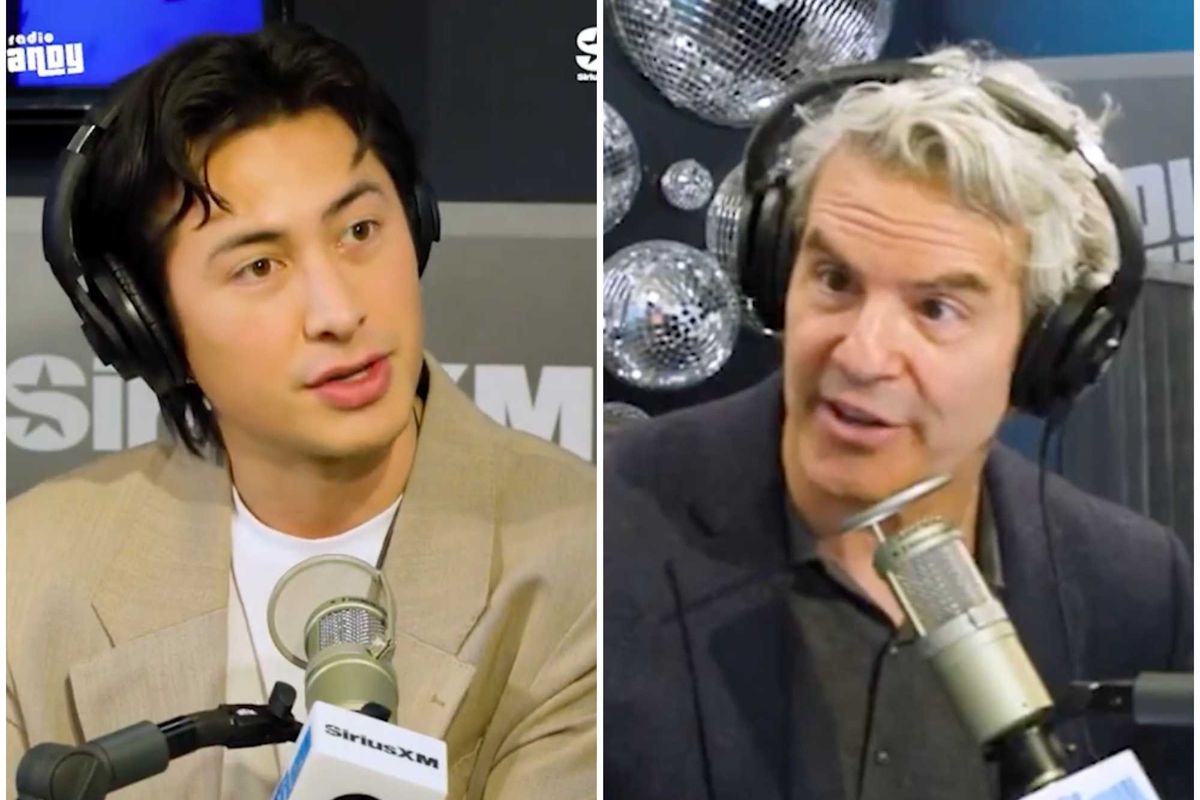Narjas Zatat
May 29, 2019
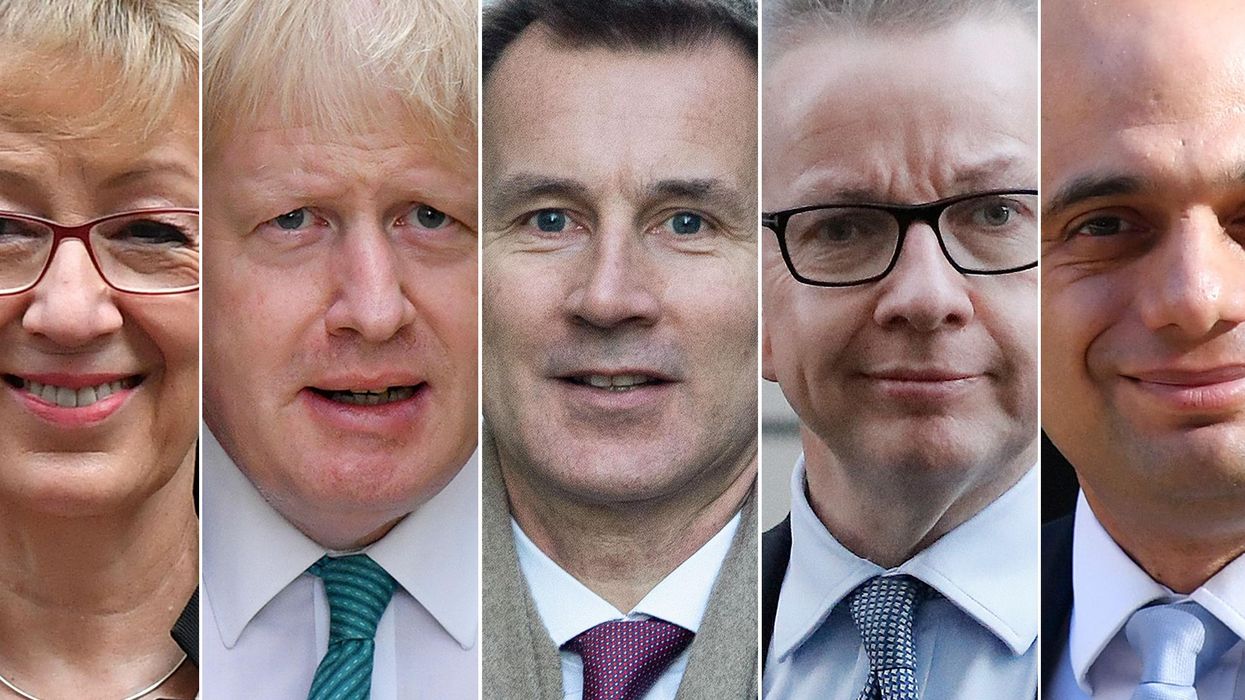
Picture:
STF/AFP/Getty
Theresa May has announced that she is resigning as prime minister, with her last day being the 7 June.
Following her announcement, Tory MPs are coming out with the intention of running for the leadership spot.
Some, like Boris Johnson and Dominic Raab are predictable whereas others, like Matt Hancock, came as a bit of a surprise.
With so many Tories in the running, it can get a bit confusing following their campaign, and what they do and don’t support.
With that in mind, and using information collected by TheyWorkForYou.com, here is how they have all voted on equality and human rights over the years:
1. Boris Johnson, Former Foreign Secretary
- Voted yes on Civil Partnership Bill, 2004.
- Has never voted on allowing marriage between two people of the same sex.
- Voted against largely retaining the EU Charter of Fundamental Rights as part of UK law following Brexit.
- Voted against allowing terminally ill people to be given assistance to end their life.
Human Rights Watch (HRW) said Johnson’s approach to human rights is:
Weak, inconsistent, and often incoherent.
2. Dominic Raab, Former Brexit Secretary
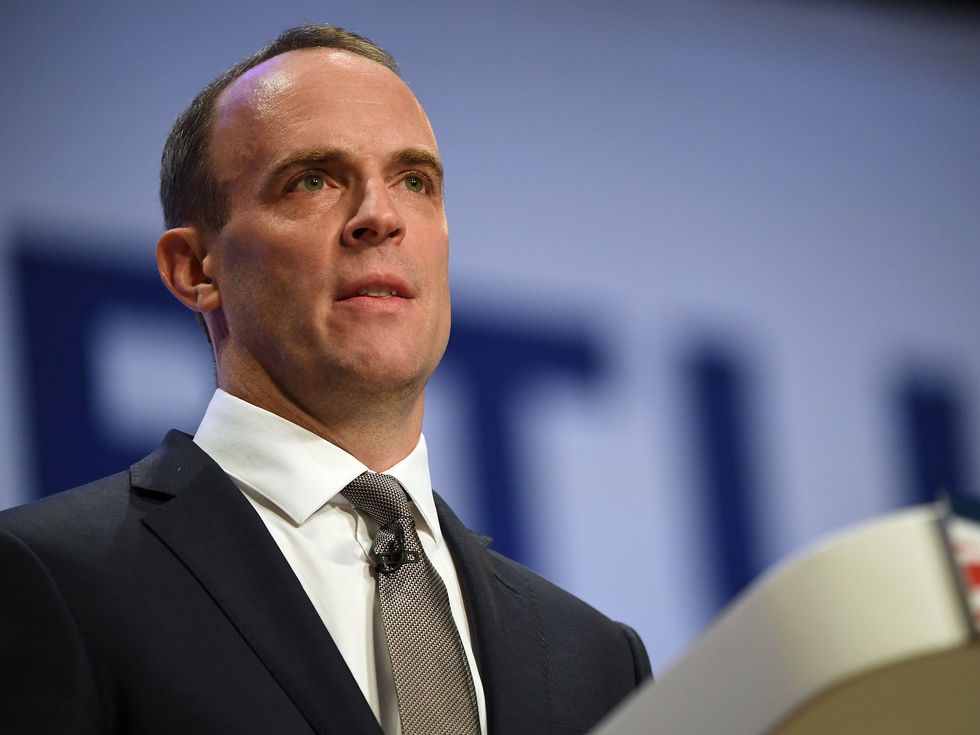
- Voted for equal gay rights and allowing marriage between two people of the same sex.
- Almost always voted against laws to promote equality and human rights, including voting against making it illegal to discriminate on the basis of caste (2013).
Raab, who resigned as Brexit secretary in November after opposing Theresa May’s deal, has often spoken out against the Human Rights Act, calling it “flawed” and previously called for Britain to use negotiations with the EU to scrap workers’ rights.
3. Andrea Leadsom, Former House of Commons Leader
- Has never voted on equal gay rights and allowing marriage between two people of the same sex.
- Andrea Leadsom, like Dominic Raab, voted in favour of repealing the Human Rights Act 1998; against plans to save the steel industry including fast-tracking infrastructure projects requiring large amounts of steel; and against a principle of the Government not borrowing to fund day-to-day spending (2016).
- Voted to remove the duty on the Commission for Equality and Human Rights to work to support the development of a society where people's ability to achieve their potential is not limited by prejudice or discrimination and there is respect for human rights (2013).
- Voted to repeal the Human Rights Act 1998 (2012).
She “positively abstained” from the equal marriage vote in 2013 and said that though she wanted to support equal gay rights, she could not:
for a measure that risks centuries of faith based belief in marriage as between a man and a woman.
4. Jeremy Hunt, Foreign Secretary
- Voted for allowing marriage between two people of the same sex
- Voted against largely retaining the EU Charter of Fundamental Rights as part of UK law following Brexit, and voted to repeal the Human Rights Act of 1998.
- He was absent for a vote on Immigration Bill — New Clause 15 — Exemptions to Automatic Deportation of Criminals on Human Rights Grounds and other bills related to repealing th Human Rights Act of 1998.
5. Michael Gove, Environment Secretary
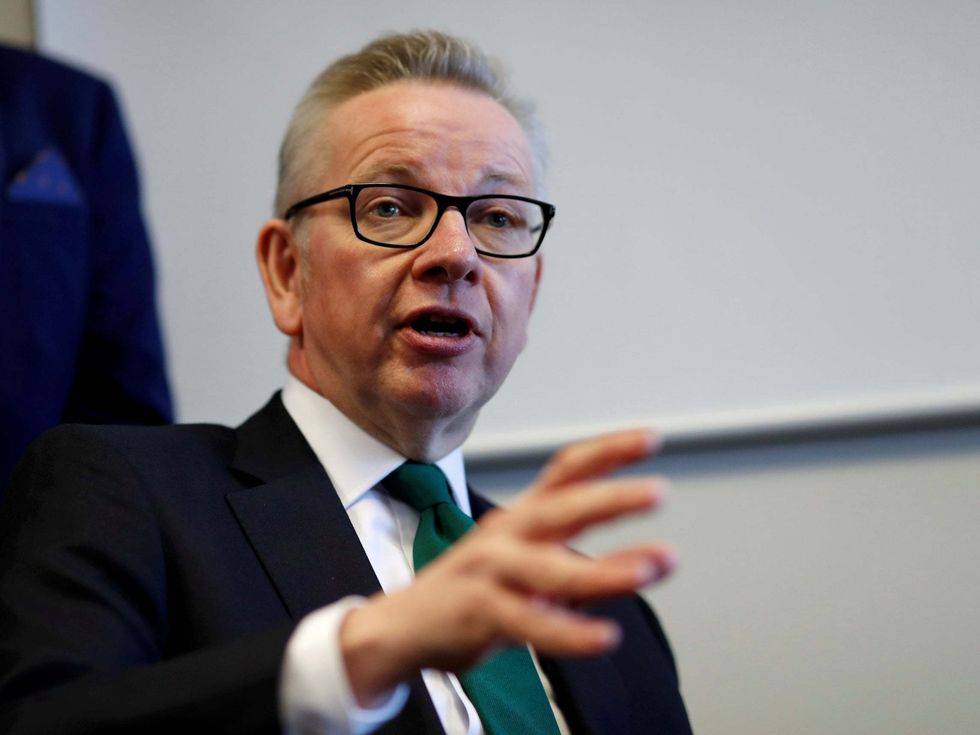
- Voted for equal gay rights.
- Voted for allowing marriage between two people of the same sex.
- Voted against largely retaining the EU Charter of Fundamental Rights as part of UK law following Brexit, and voted to repeal the Human Rights Act of 1998, in favour of repealing the Human Rights Act 1998.
- Voted to remove the duty on the Commission for Equality and Human Rights to work to support the development of a society where people's ability to achieve their potential is not limited by prejudice or discrimination and there is respect for human rights.
- Voted against making it illegal to discriminate on the basis of caste and for applying laws against work related discrimination to mariners.
6. Esther McVey, Former Work and Pensions Secretary
- Voted against equal gay rights on multiple occasions.
- Voted against allowing marriage between two people of the same sex.
- Voted against largely retaining the EU "Charter of Fundamental Rights" as part of UK law following the UK's withdrawal from the European Union.
7. Rory Stewart, International Development Secretary
- Voted for gay rights and marriage between two people of the same sex.
- Voted against largely retaining the EU "Charter of Fundamental Rights" as part of UK law following the UK's withdrawal from the European Union.
8. Matt Hancock, Health Secretary
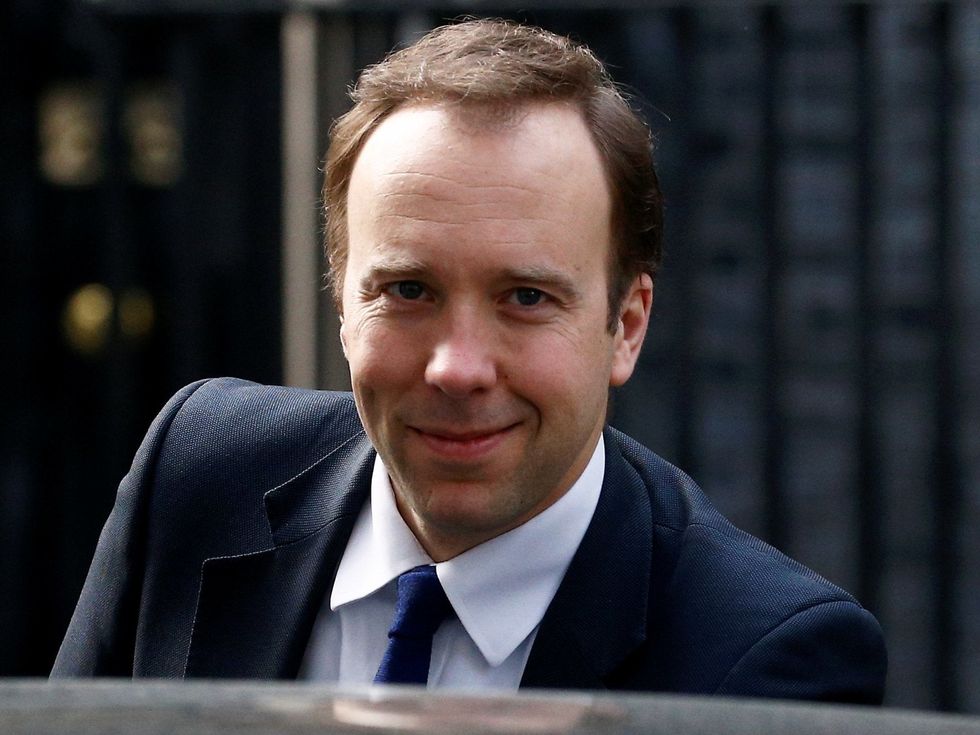
- Voted for equal rights and allowing marriage between two people of the same sex.
- Voted against largely retaining the EU "Charter of Fundamental Rights" as part of UK law following the UK's withdrawal from the European Union.
9. Sajid Javid
- Voted for equal gay rights and allowing marriage between two people of the same sex.
- Voted against largely retaining the EU "Charter of Fundamental Rights" as part of UK law following the UK's withdrawal from the European Union.
10. Kit Malthouse, Housing Minister
- Voted against largely retaining the EU "Charter of Fundamental Rights" as part of UK law following the UK's withdrawal from the European Union and voted in favour of repealing the Human Rights Act 1998.
More: Rory Stewart admits to filming fake selfie as Tory leadership campaign gets even weirder
More: Trump says he was 'sticking up' for Joe Biden after claiming Kim Jong Un called him 'low IQ idiot'
Top 100
The Conversation (0)
